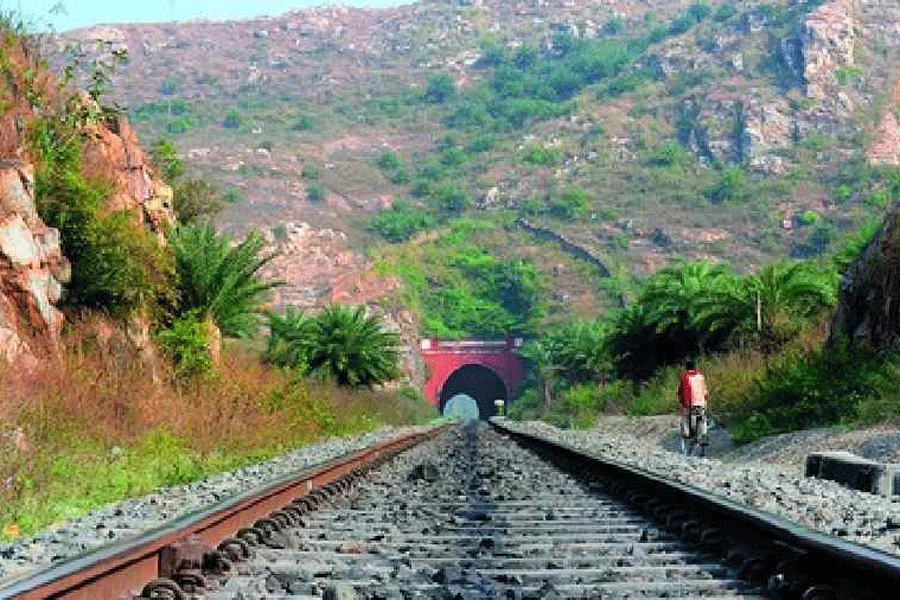The Railway Board has issued new training guidelines on for station masters, train managers (known as guards), pointsman and traffic inspectors who are working in the Automatic Block System.
According to the Board, these guidelines, issued on August 16, will be implemented across all 17 railway zones in the country to bring standardisation in the training regime for automatic signalling.
The Railway Board took this initiative after the Kanchanjunga Express tragedy in which the lack of standardisation of railway norms and training of staff working in the Automatic Block System in various railways zones had emerged as one of the reasons for the accident, according to sources.
On June 17, a goods train rammed into the stationary Sealdah-bound Kanchanjunga Express from behind in West Bengal’s Darjeeling district killing 10 people, including the loco pilot of the goods train.
The Commissioner of Railway Safety, which investigated the accident, found that the automatic signalling system (also known as Automatic Block System) was introduced in the concerned section in January 2023 and the accident took place due to “the widespread misinterpretation of rules”.
According to experts, the Indian Railway has two systems of train working - Automatic Block System and Absolute Block System.
In the Automatic Block System, trains are operated on the basis of automatically-regulated signal aspects. Meanwhile, in the Absolute Block System, only one train is allowed to operate within two stations.
“To understand the two systems, let’s presume there are two stations A and B, the distance of which is called one block section. So, in an Automatic Block System, signal aspects can allow multiple trains to run in the same direction on a single track one after the other between A and B stations,” a signal expert said.
“This is not possible in the Absolute Block System. In the Absolute Block System, when a train departs from station A, until it crosses the next station B, no other train is permitted to enter from A towards B," he added.
The Railway Board, in its August 16 guideline, has introduced two new types of training -- Periodical and Newly Commissioner Section -- for station master as well as pointsman.
"A one-day orientation course, once every six months regarding Automatic Block system by Station Supervisor/Traffic Inspector” will be given to the station masters as well as pointsman, the Board’s guideline said.
During commissioning of the new automatic signalling system section, station masters will get “two days training by concerned sectional TI (traffic inspector) and SSE(Senior Sectional Engineers)/Signal for issuance of competency certificate to work in the Automatic section, the guidelines added.
The guideline further stated that “intensive counselling by Sectional TI in every two months in the first year and after that, periodicity of every six months shall be introduced. This shall also be applicable for new joining from Absolute Block System to Automatic Block System.” Similar new training modules have been introduced in the guideline for train manager and pointsman as well.
Besides standardising the trainings, the Railway Board is also working to unify railways norms of working in an Automatic Block System.
Recently, in a media briefing, Railway Minister Ashwini Vaishnaw said that the ministry initiated the process of bringing uniformity in subsidiary rules (SR) of all 17 railway zones after the Commissioner of Railway Safety (CRS) flagged contradictions in these norms in its investigation report in the Kanchanjunga train accident that took place on June 17.
Except for the headline, this story has not been edited by The Telegraph Online staff and has been published from a syndicated feed.










